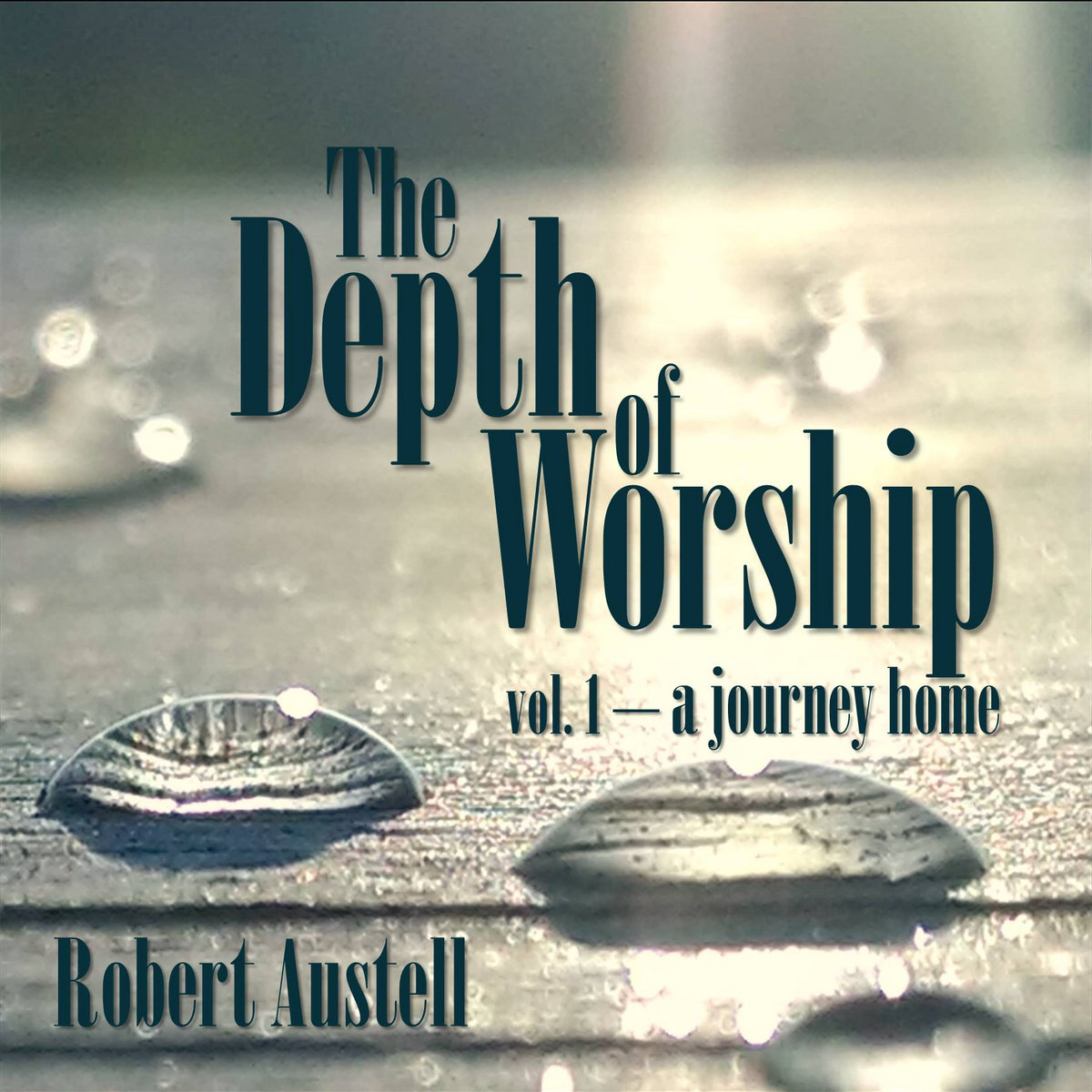caroling with the neighborhood
In the past eight days, two significant neighborhood encounters occurred. Both could easily have slipped by unnoticed, but I think the persistent focus on being the church outside the walls has sharpened my eyesight a little.
The second encounter (read the first here) came last night at our annual caroling event in the neighborhood. We've been doing this for a number of years (eight?), usually going a different direction each year in the neighborhoods right around our church.
This year, something significant happened. We had two different families from the neighborhood show up and join us for dinner and caroling. I'm not sure how or where they heard about when we were going - in one case, a grandparent couple invited their out of town daughter and young grandkids to join us. They said that the kids had never been a part of caroling and they wanted them to have the experience. In another case a mom from down the street brought her two young daughters. And they jumped in with us - part of the "Good Shepherd family" caroling to our (and their own) neighbors.
What stood out to me is their willingness to come do something as "out there" as walking in the dark with a big group of strangers, knocking on doors, and singing... again, I think that this was made possible, or at least easier, by the time we've spent out in these same neighborhoods. We used to be relatively unknown to these neighbors. Now we are not only safe to associate with, but desirable companions in carrying music (and Good News!) to our mutual neighbors. As I said in the previous post, I'm not sure we even know all the significance of this encounter, but I'm pretty sure it is significant!
Here's a video clip of us singing "We Wish You a Merry Christmas!"


